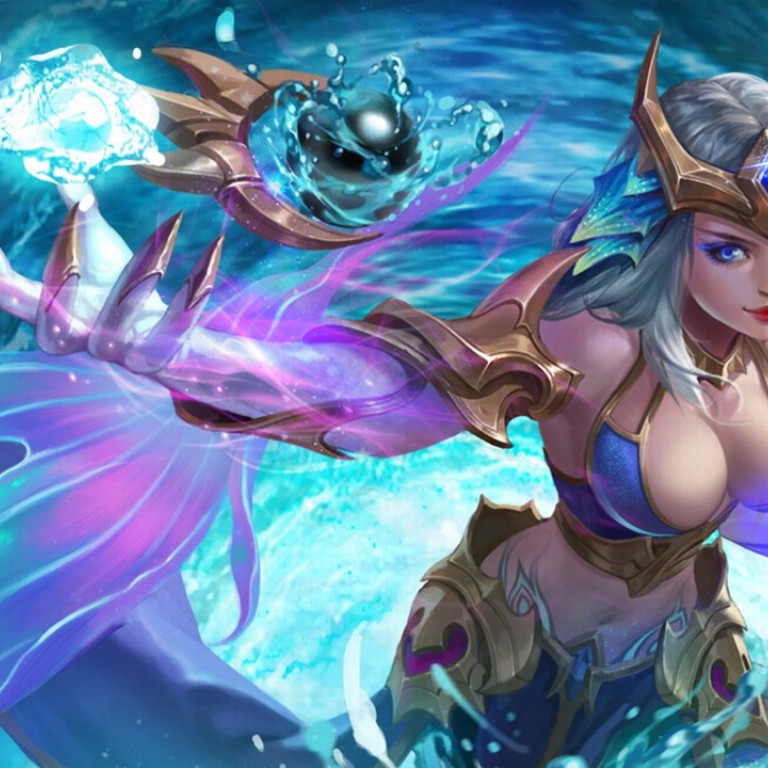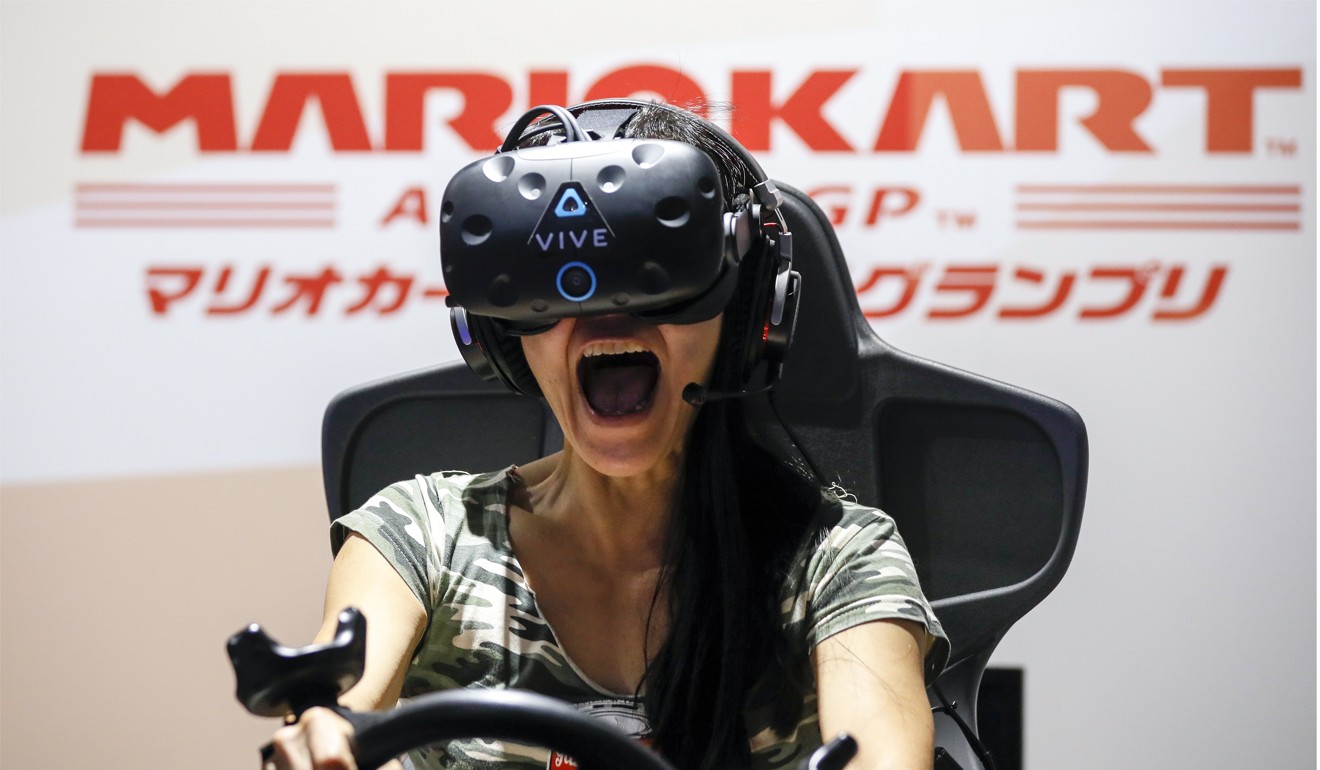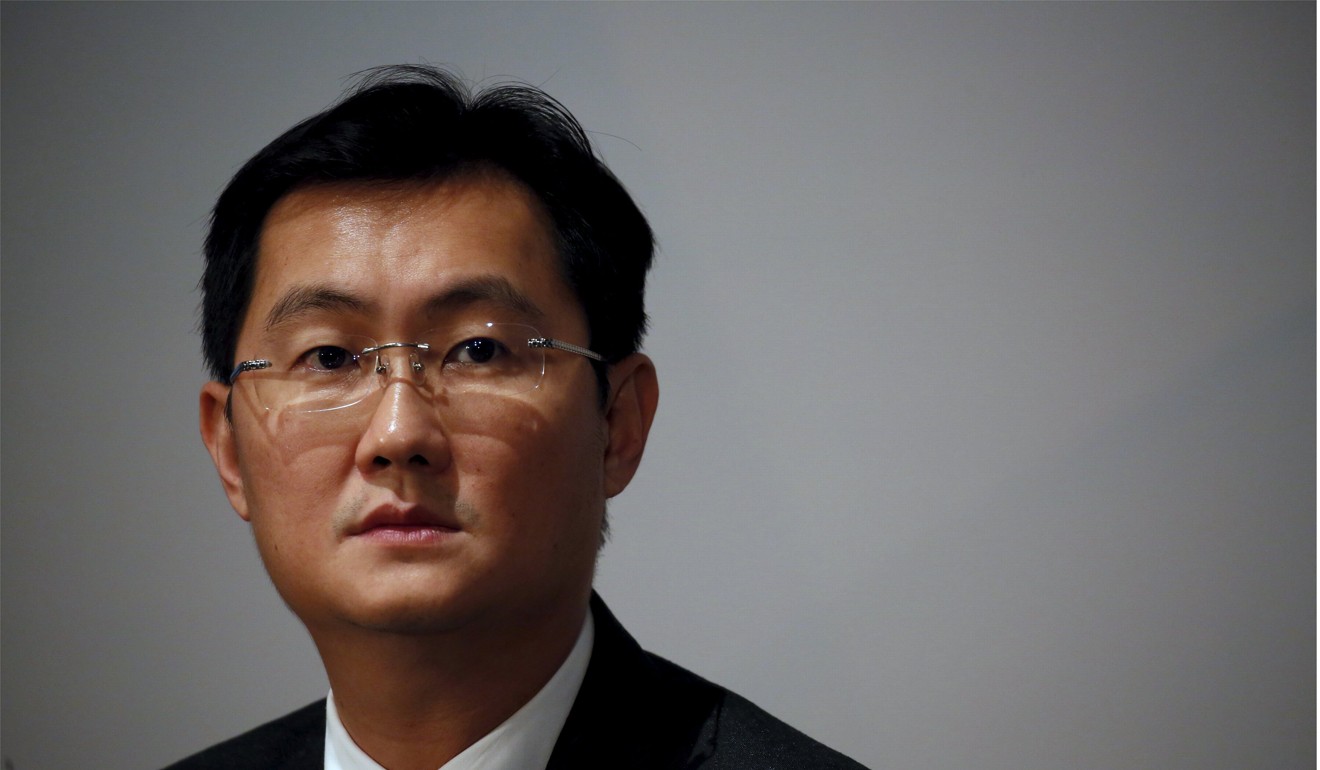
Gaming addiction debate reignites with Tencent in spotlight after mobile games compared to ‘opium’
About 560 million people – or seven in 10 of the country’s online population – play games in China, according to a report by research firm Newzoo.
Honour of Kings, the mobile multiplayer fantasy game by Tencent Holdings, is China’s most popular game with more than 200 million players. It is also a lightning rod for criticism amid growing concern over gaming addiction among the country’s youth.
Tencent CEO Pony Ma Huateng found himself again on the defensive after a member of the country’s top political advisory body proposed a classification system for video games, calling them the new “opium” because an obsession with them was enfeebling the younger generation. While the adviser did not single out Honour of Kings by name, her comments revived the debate on whether gaming companies were hooking young people on addictive games.
To those familiar with China’s history, the charge of peddling opium is an emotive one.
Schoolchildren in China are taught that foreign powers, in a bid to tilt the balance of trade, introduced opium to the masses in the 19th century, damaging the health of millions in a period that the ruling Communist Party has referred to as China’s “century of humiliation.”
On Wednesday, another delegate to the National People's Congress, Huang Huachun, a schoolteacher by profession, stoked the debate by calling for gaming companies to implement facial recognition features among safeguards to prevent children from bypassing the time-restriction features.
About 560 million people – or seven in 10 of the country’s online population – play games in China, according to a report by research firm Newzoo.
Parents should monitor young children’s playing habits as they are “easily influenced by peers and social media and are more likely to become addicted to mobile games,” said Neil Wang, Greater China president of Frost & Sullivan, the consultancy firm. Supervision is required even with restrictions put in place by Tencent because they are not foolproof and can be bypassed, he said.

In neighbouring Japan, home to gaming giants Nintendo, Sony and Bandai Namco, at least half a million of youths aged between 15 and 39 lead reclusive lives, often cooped up in their rooms playing video games, according to government figures. They are known as hikikomori, Japanese for withdrawn.
There’s a general consensus that parents need to be more involved in controlling game time.
Li Wen Yuen, a games developer, marketer and blogger, said that many parents were unsure how to handle children who spend a lot of time on games.
“All the kids in the same class are playing and if you are not a player there’s nothing to talk about with your classmates,” he said.
“I think there’s a lot related to whether there are other options worthy for their attention,” Ding said. “My kids don’t seem to be interested in documentaries so I’d find games that might interest them. Then I will spend time playing the games with them.”

A lot is at stake for Tencent to ensure a healthy development of online gaming, which remains its biggest revenue contributor even as the Shenzhen-based company diversifies its businesses. Proceeds from gaming have enabled Tencent to invest in its WeChat platform, acquire companies and stake its presence in everything from ride-hailing to e-commerce.
At the elite end of the gaming spectrum is the industry of electronic sports, or esports, where professional video gamers compete for millions in prize money.
Newzoo projects that 427 million people will be watching competitive video gaming next year. Last year’s most-watched e-sports event, the Intel Extreme Masters in Katowice, Poland, drew 46 million viewers. E-sports are even being considered for inclusion in the 2020 Tokyo Olympics.
China makes up 57 per cent of the global e-sports audience – with about 3.5 billion hours of e-sports videos viewed and 11.1 billion e-sports streams delivered to the country last year, according to an IHS Markit research report.
Alibaba Group, which owns the South China Morning Post, is backing the World Electronic Sports Games (WESG).
In the long run, parental guidance could be more effective than blocking access in preventing youth addiction to gaming, said Newzoo gaming analyst Jurre Pannekeet.
“More than in the West, Chinese parents regard gaming as a bad behavior of their kids and try to prevent it in all manner of ways, which causes resistance from their kids,” Pannekeet said . “It is important for parents to understand this and communicate [in a positive manner] with their children about which games to play, how often and how long they are allowed to play.”


